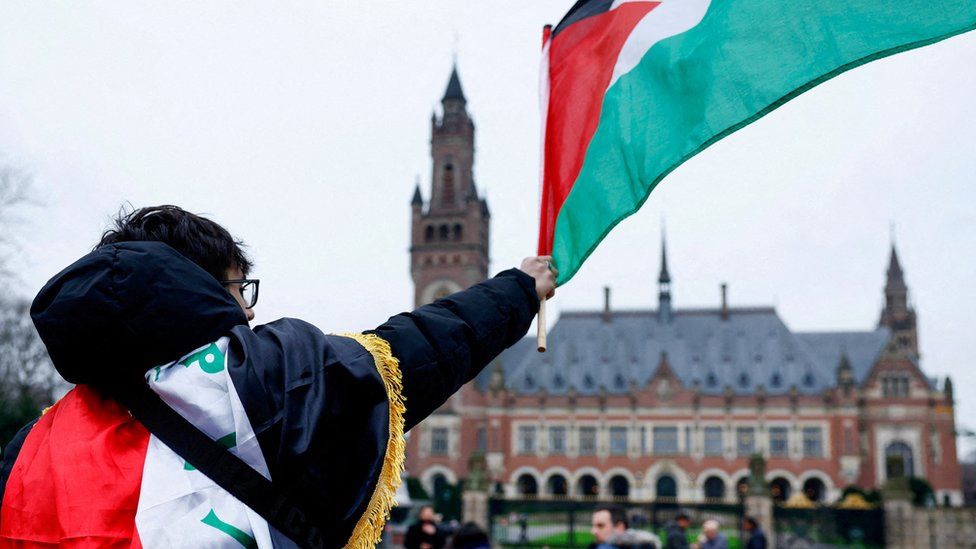UN’s top court hears key case on Israeli occupation of Palestinian territories

The International Court of Justice (ICJ), the United Nations’ highest judicial body, is currently deliberating on the final arguments in a case challenging Israel’s 56-year occupation of the West Bank and Gaza.
Central to this week’s hearings is the inquiry into the legal repercussions of Israel’s occupation of the Palestinian territories. Despite lacking the spectacle of recent World Court cases, renowned international lawyer Philippe Sands emphasized the paramount importance of this case, stating it rivals any other in terms of legal outcomes and the imperative for a resolution.
Initiated by a UN General Assembly (UNGA) resolution in December 2022, prior to the 7 October attacks by Hamas last year and Israel’s subsequent military response in the Gaza Strip, this case has drawn global attention. Riad al-Maliki, the Palestinian Authority (PA)’s foreign minister, delivered scathing accusations against Israel on the opening day of hearings, branding its actions as “colonialism and apartheid” and flagrant violations of the Palestinian people’s right to self-determination. Supported by compelling visual evidence, al-Maliki portrayed the gradual erosion of Palestinian territory, culminating in a stark image presented by Israeli Prime Minister Benjamin Netanyahu, illustrating what he described as the obliteration of Palestine.
Legal experts like Paul S Reichler argued against the notion of a permanent occupation, asserting that prolonged occupation transitions into annexation. Philippe Sands stressed the imperative of ending Israel’s occupation for the realization of the Palestinian people’s right to self-determination, urging UN member states to cease all forms of support and engagement that perpetuate the occupation.
While Israel chose not to participate in the hearings, its allies, notably the United States and the United Kingdom, intervened. The U.S. cautioned against any withdrawal order lacking security assurances, emphasizing the necessity of preserving peace negotiations. Conversely, the UK advocated against issuing an advisory opinion altogether, citing Israel’s non-consent to the process and drawing parallels to a previous case involving Mauritius and the Chagos Islands.
The potential ramifications of the ICJ’s ruling are significant, extending beyond legal implications to trade dynamics and the legitimacy of Israel’s position. Should the court deem Israel’s occupation illegal, it would compel UN bodies and member states to abstain from supporting the current situation, thereby altering the geopolitical landscape and potentially straining alliances such as that between the US and Israel. This case marks a historic juncture, offering the ICJ the first opportunity since the 1940s to address comprehensively the complex issues surrounding the Israeli-Palestinian conflict.












